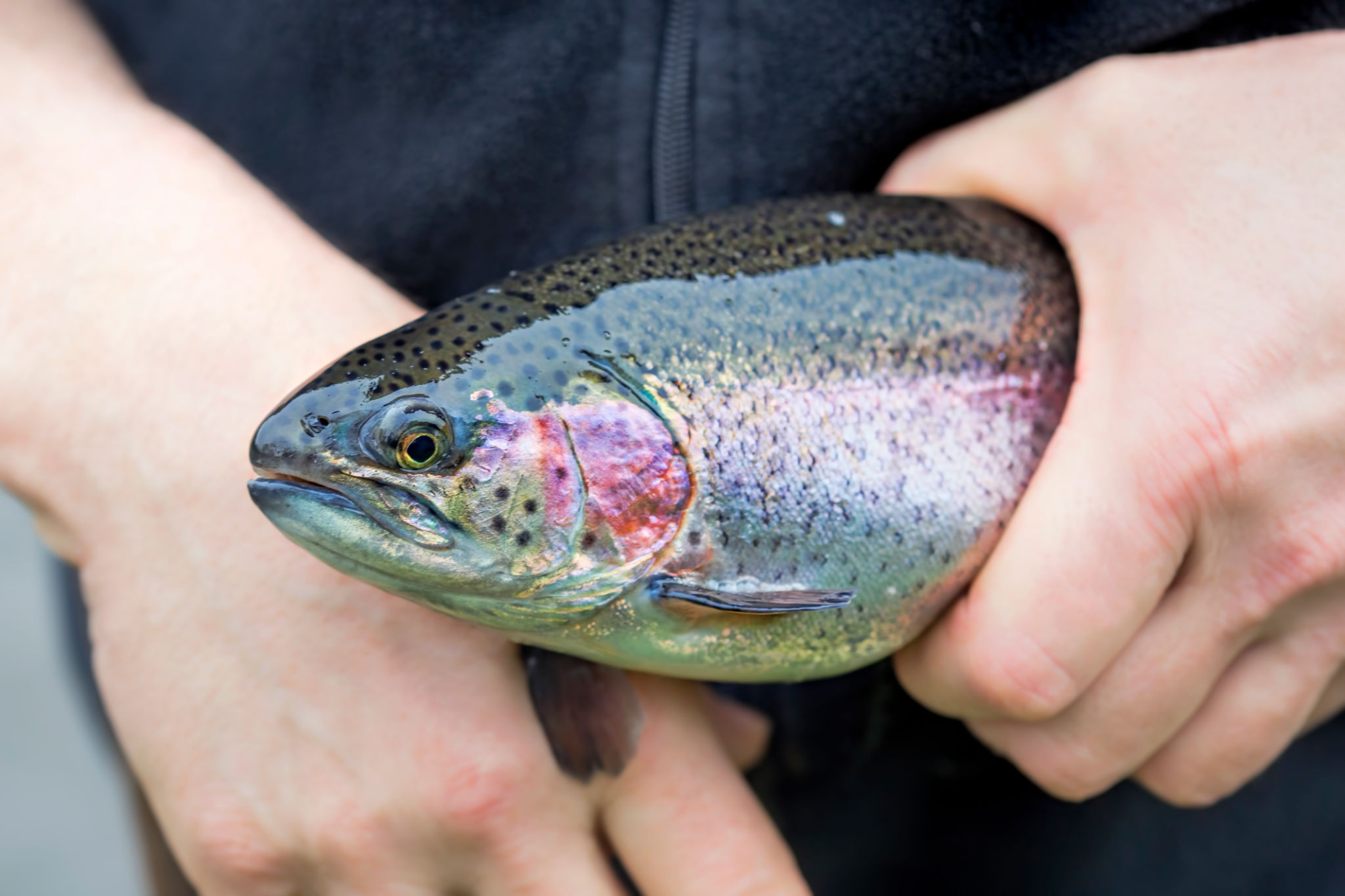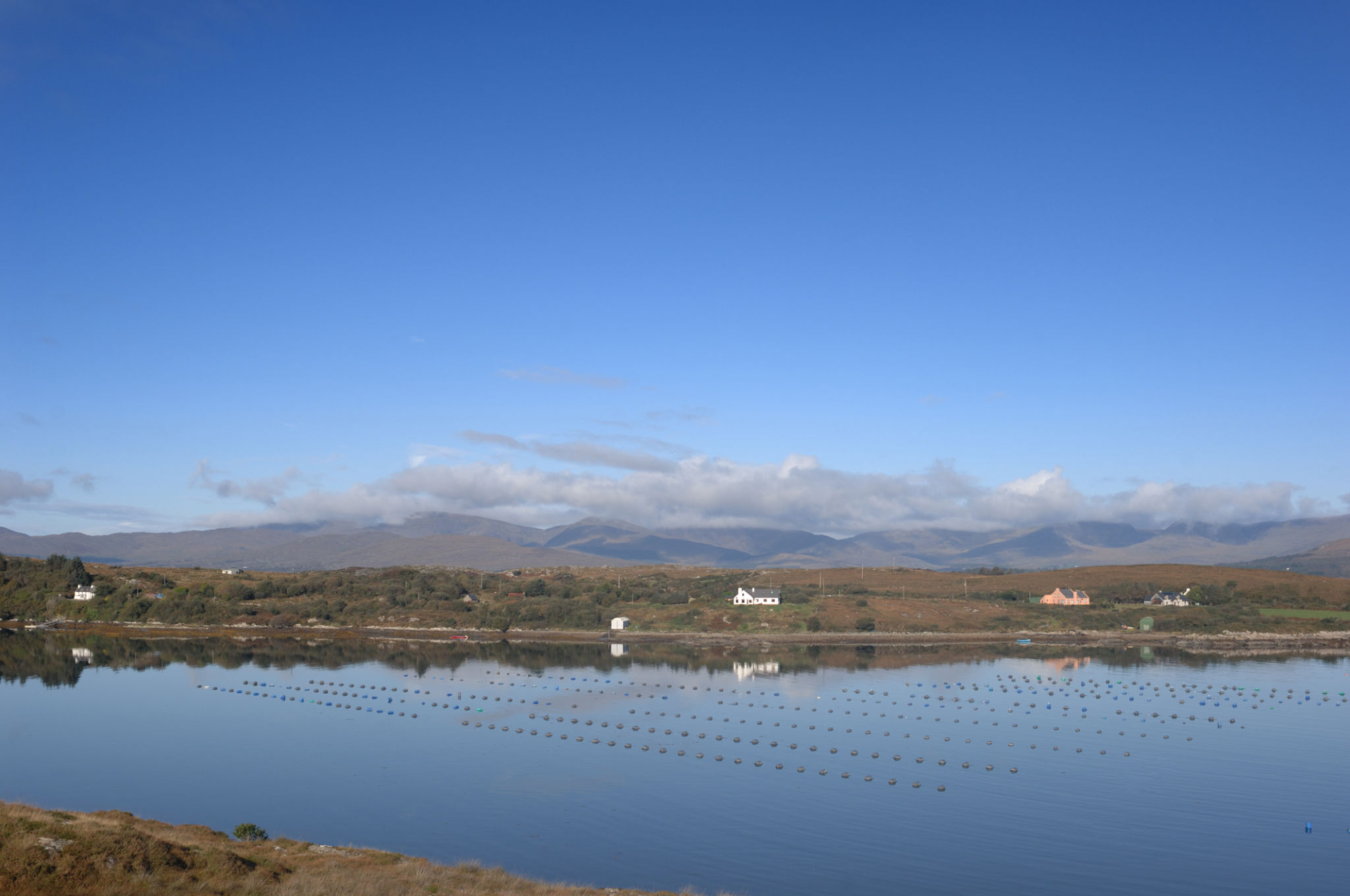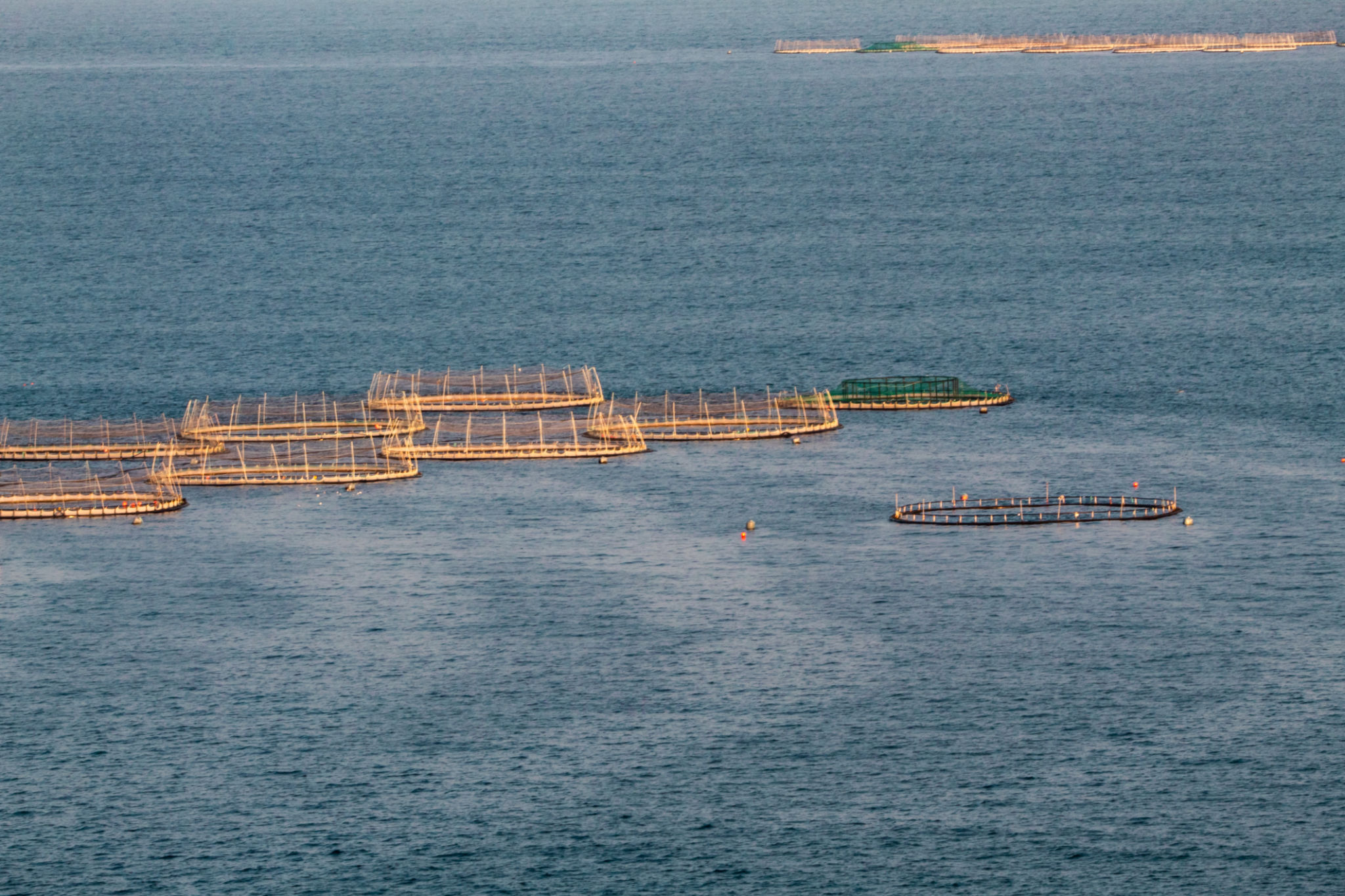Fish Farming Practices in Ireland
The Rise of Fish Farming in Ireland: A Sustainable Path Forward
In recent years, Ireland has witnessed a significant rise in fish farming, or aquaculture, with the industry growing by over 30% in the past decade. As of 2023, Ireland produced approximately 50,000 tonnes of farmed fish annually, contributing to the global seafood supply. With its pristine waters and strong maritime tradition, Ireland is uniquely positioned to lead in this sector, which provides a sustainable alternative to traditional fishing methods. Globally, the demand for seafood is expected to increase by 30% by 2030, and Ireland's fish farming industry is playing a crucial role in meeting this growing need while shaping a more resilient and environmentally friendly future for the sector. In 2022 alone, Irish aquaculture generated nearly €180 million in revenue, highlighting its economic importance.

Why Fish Farming Matters
Global demand for seafood has reached unprecedented levels, driven by population growth, rising incomes, and an increasing awareness of the health benefits of fish, such as omega-3 fatty acids and lean protein. Over the past two decades, seafood consumption has surged by over 30%, with global intake now nearing 160 million tonnes annually. However, traditional wild-capture fisheries, which have historically met this demand, are facing severe challenges. Approximately 33% of global fisheries are now classified as overfished, with the United Nations warning that by 2050, fish stocks could be completely depleted if current practices continue.
These environmental challenges also have significant socio-economic consequences. Globally, over 200 million people rely on fishing for their livelihoods, and the decline in fish stocks is jeopardising these communities, particularly in coastal regions. In Ireland, where fishing has long been both a cultural and economic mainstay, these impacts are keenly felt.
Fish farming, or aquaculture, presents a sustainable solution. By providing a controlled environment to raise fish, aquaculture alleviates pressure on wild populations, aiding the recovery of overfished species and conserving marine ecosystems. Ireland’s aquaculture industry produced nearly 38,000 tonnes of farmed fish and shellfish in 2022, contributing €180 million to the economy. This sector not only meets global demand without depleting natural stocks but also supports local communities by generating over 1,800 jobs, predominantly in rural and coastal areas.
For Ireland, with its rich maritime heritage and clean, nutrient-rich waters, aquaculture is a natural and necessary progression. It continues the country’s agricultural and fishing traditions while enhancing food security and economic stability. As global challenges to wild fisheries intensify, fish farming is becoming an essential strategy for sustainable food production. For Ireland, aquaculture is more than just a response to global trends; it is vital for preserving its maritime traditions, supporting its economy, and ensuring a sustainable future.

Sustainability at the Core
Sustainability is central to Ireland's fish farming industry, with strict regulations and best practices ensuring minimal environmental impact. The Irish government, alongside industry stakeholders, enforces rigorous water quality standards, achieving compliance rates of over 95% in 2023. This commitment helps maintain healthy marine ecosystems and supports the production of high-quality fish.
A key strategy is the use of fallowing periods, where fish farms are left empty for 6 to 12 months to allow the seabed to recover, reducing disease risk and rejuvenating habitats. Ireland is also investing in research to develop sustainable feed alternatives, such as microalgae-based options, which could cut the need for fishmeal by up to 30%. Innovations in waste management and energy efficiency aim to lower the carbon footprint of fish farming by 20% over the next decade.
Transparency and traceability are essential elements of Ireland's approach to sustainable fish farming. With consumers increasingly focused on the origins and environmental impact of their food, the Irish aquaculture sector is committed to addressing these concerns. Through rigorous certification schemes like the Aquaculture Stewardship Council (ASC) and Origin Green, Ireland ensures that its seafood is not only of the highest quality but also produced in an environmentally and ethically responsible manner. As of 2024, around 80% of Irish aquaculture production is ASC-certified, highlighting the industry's strong commitment to sustainability. These certifications also reflect Ireland’s dedication to supporting local communities, ensuring that the benefits of fish farming are widely shared and contribute positively to the social and economic vitality of coastal regions.

Challenges and Opportunities in Irish Fish Farming
Despite its successes, Ireland's fish farming industry faces several notable challenges. Managing environmental impacts is a key concern, particularly regarding nutrient pollution and disease control. The industry must address issues related to nutrient discharge, with around 20% of aquaculture farms currently needing improved nutrient management to meet environmental regulations. Additionally, obtaining planning permissions for new or expanded aquaculture sites can be a complex and time-consuming process. In Ireland, it can take up to three years to secure the necessary approvals, which can impede industry growth.
The global trade landscape also poses challenges, especially in the context of Brexit. Since Brexit, Irish fish exports to the EU have encountered new customs and regulatory barriers, which have increased export costs by approximately 15% and complicated market access.
Nevertheless, these challenges bring opportunities for growth and innovation. Advances in technology offer promising solutions. Offshore aquaculture systems, which involve farming fish in deeper waters, could alleviate pressures on coastal areas and potentially boost production capacity by up to 30%. Integrated Multi-Trophic Aquaculture (IMTA) is another innovative approach, where various species are farmed together to create a balanced ecosystem. IMTA systems have demonstrated the potential to reduce waste by up to 50% and enhance overall productivity by around 20%. By adopting these advancements, Ireland's fish farming industry can expand its operations while further reducing its environmental impact, setting a leading example for sustainable aquaculture.

Conclusion
Ireland’s fish farming industry is setting a benchmark in sustainable seafood production. With significant growth of over 30% in the past decade and an annual output of 50,000 tonnes, Ireland is pivotal in meeting global seafood demand while safeguarding marine ecosystems. The sector’s commitment to sustainability is evident in its high environmental compliance rates, innovative practices like fallowing periods, and advancements in eco-friendly feed alternatives.
Despite challenges such as managing nutrient pollution and navigating post-Brexit trade barriers, the industry is embracing opportunities for innovation. Emerging technologies like offshore aquaculture and Integrated Multi-Trophic Aquaculture (IMTA) promise to enhance sustainability and productivity.
In summary, Ireland’s fish farming industry exemplifies responsible aquaculture, balancing economic benefits with environmental stewardship, and playing a crucial role in the future of global seafood production.
*By Anne Hayden MSc., Founder, The Informed Farmer Consultancy.
